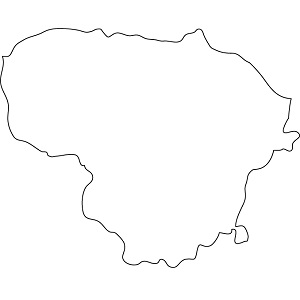Lithuania
Tax relief for research and development (R&D)
The Lithuanian Government introduced incentives for R&D on 1 January 2008, and have since been gathering data to enhance the practical application of R&D incentives. Taxpayers are encouraged to provide feedback to the Agency for Science, Innovation and Technology to contribute advice as to what constitutes as R&D. In the calculation of corporate income tax, super deductions of 300% of qualifying R&D costs may be subtracted for the period which they were incurred, providing activities meet eligibility requirements.

Description of Incentive
R&D purpose expenses can be deducted three times in the tax period in which they are incurred, on the arrangement that the R&D work performed is not out of scope of the typical business activities. Fixed assets depreciation expenses cannot be included in R&D expenses.
Eligibility Requirements
In order to substantiate their activities, companies that are applying for the tax relief of R&D must submit their claim with relevant R&D documentation. This documentation must include details of the project undertaken, substantiate conformity with certain tax requirements, and specify expenses incurred in the R&D activities.
Other Considerations
If R&D activities are performed in a country within the European Economic Area, or in a country which has concluded a double taxation treaty with Lithuania, the R&D may be performed outside the country yet can still be claimed under the Lithuanian regime.
Services
Swanson Reed offers the following services:
- Advice on tax preparation relevant to claiming the R&D tax credits incentive
- Preparation of documents relating to filing and substantiating a R&D taxation claim
- R&D tax advice and consultations
- R&D tax claim planning and preparation
For a full range of services in relation to the credit, please click here.







